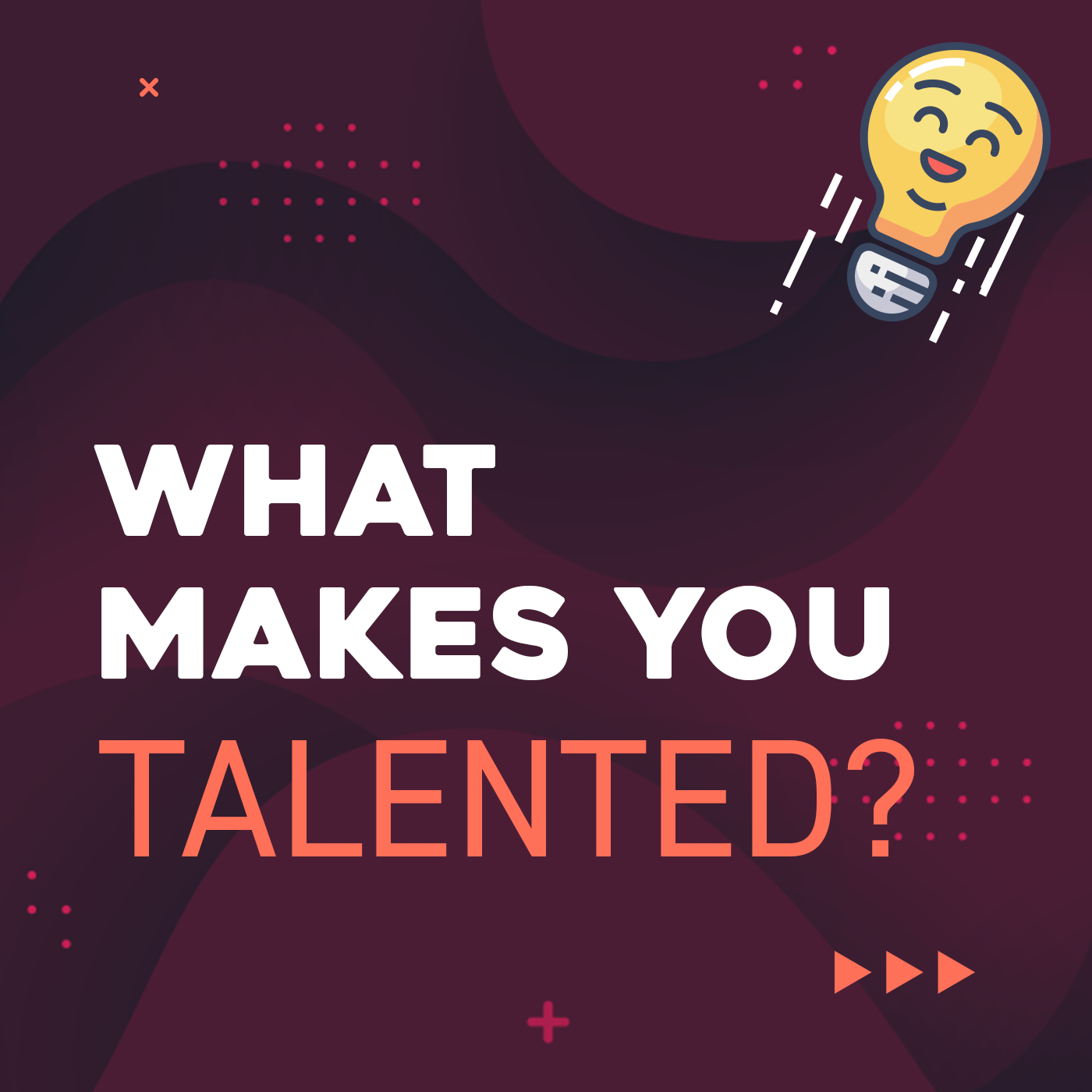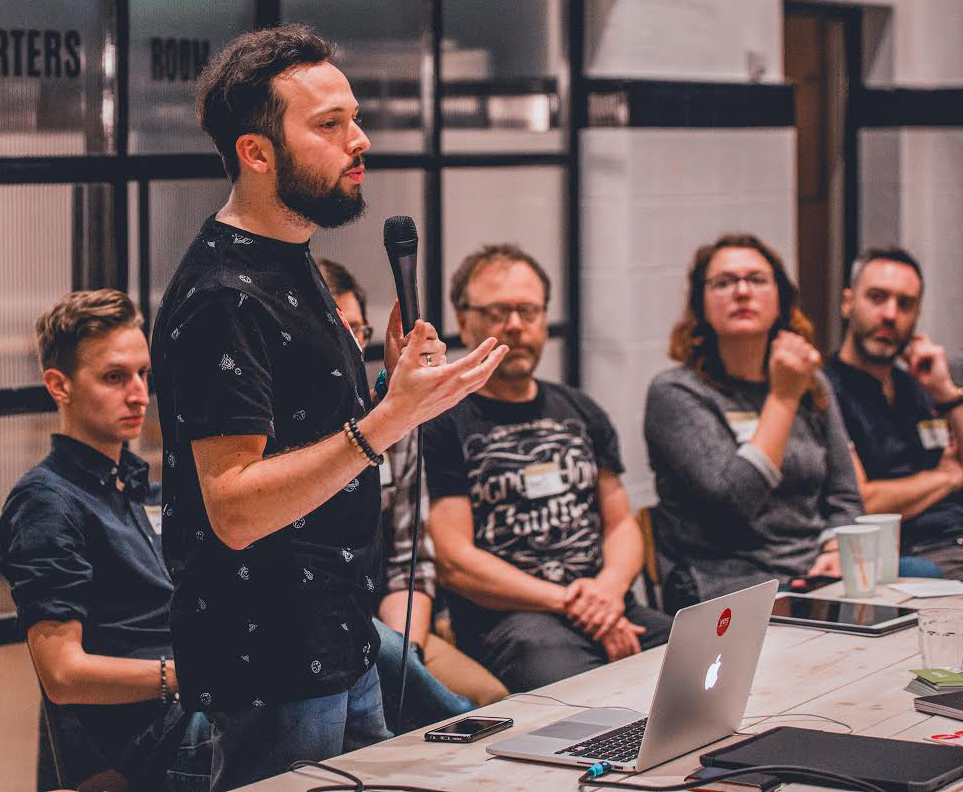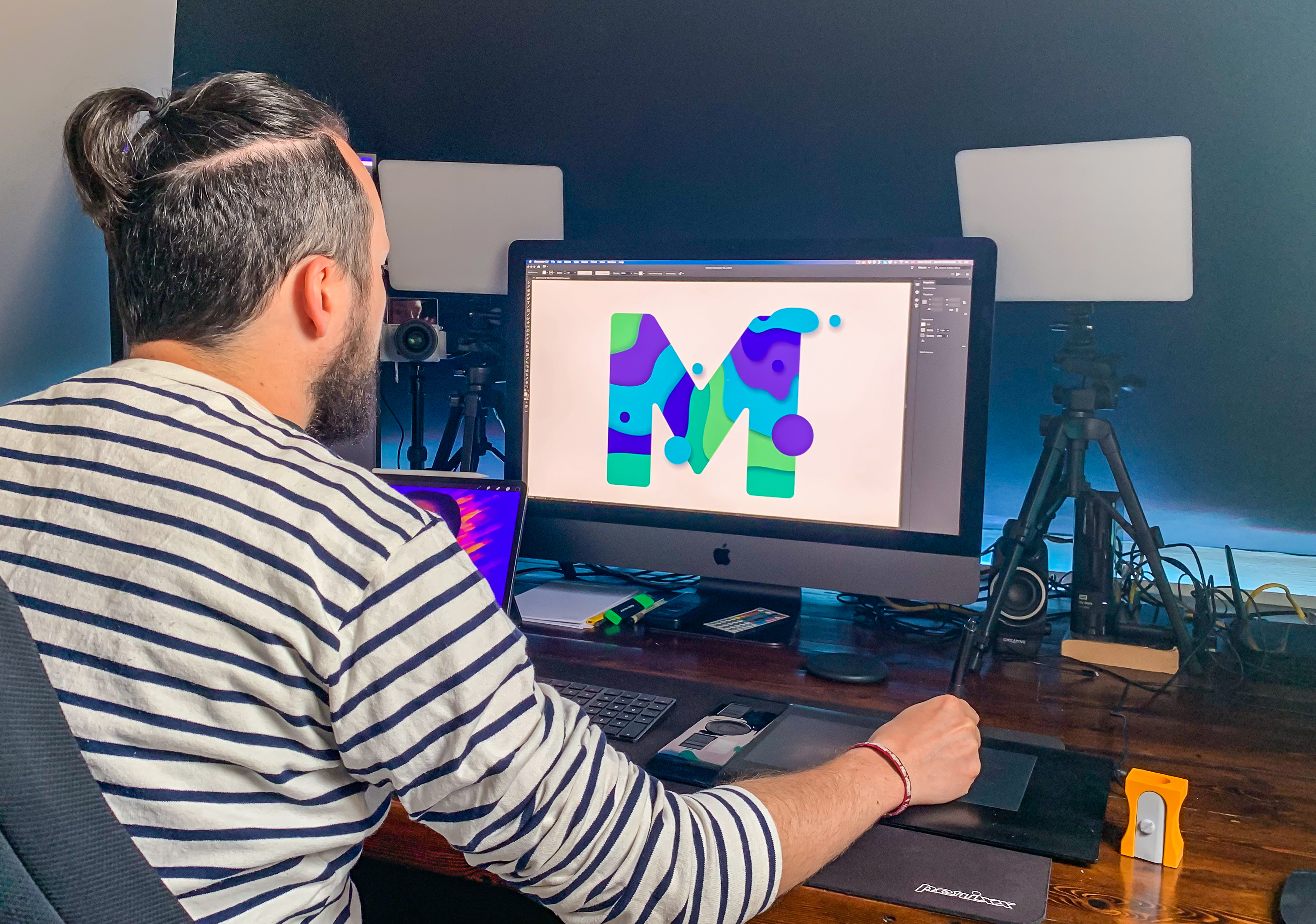What actually makes someone talented?
Is talent a privilege by birth or a skill achieved by working and studying extremely hard.
Check out our podcast on this topic here.
YES's Founder Martin recently explored this topic in our second ever Podcast Episode! Which we have also converted into the blog post you can read below!
Excited accountability
First let's explore this phraze. I’m not sure who coined the term excited accountability but I heard it recently from Johnny Harris mentioning it in his YouTube video titled “How to force yourself to learn stuff?” I find this phrase great as it describes two opposing emotions that are equally important in getting better at anything.
On one hand you need to be excited and passionate about the activity you decide to immerse yourself in, but without being held accountable it is easy to give up too soon or shift your interest to something else.
Accountability is not a great feeling and it is not something we normally seek, but we have to learn to embrace it as without it our progress of getting better is not guaranteed. Taking part in competitions is a great example where you are excited to be the winner, whether you are seeking financial reward or prestige. Once you enter you need to follow the rules and meet the deadlines.
Committing to a challenge...
Will push you to get better, learn faster and improve your skills. However you have to be careful not to take on challenges way above your limits as they can be overwhelming and could backfire.
Putting yourself under extreme pressure is not healthy, especially if it is happening for a long period of time. Choosing the right challenge for yourself is a bit of a gamble, you need to find something that is slightly above your current limitations and skills, but not impossible to reach.
You need to balance out the two sides of the equation. When the level of excitement is much higher than the accountability you are basically playing a game, and when you are accountable without being excited you are just simply working.
Teaching is the best way of learning
I’m a big believer of teaching being the best way of learning. I was always interested in helping others and especially by passing on my knowledge. My father drew comic books for me, based on the stories I came up with.
I was so inspired to see him draw all the characters and fantastic worlds I imagined and described to him and I felt an urge to share the things I learnt by watching him with my friends at the kindergarten. I was only 5 but I was showing other kids how to draw and use colours.
Naturally I was just simply passing on, to my best knowledge the things I saw my father doing. But by simply trying to teach the skills I was aspiring to have I got better way faster than by listening to someone else showing me how to draw.
It is a strange feeling when you are trying to teach something that you don’t fully understand. It is exciting and nerve-wracking at the same time. Remember, excited accountability. I had the same feeling throughout my career teaching all kinds of things, but for the longest period Graphic Design with Adobe applications.
Remember 3 things if you decide to teach:
- Stay humble
- Admit if you don’t know something and
- Accept if someone knows something better than you.
The 10,000 hours rule
Anders Ericsson, a cognitive psychologist at Florida State University, states that those who engage in persistent practice eventually reach the pinnacle of their field. In the long run it is the ones who practice more who prevail, not the ones who had some initial advantage in intelligence or some other talent.
According to this we are more equal than we assume.
Ericsson came up with the famous 10,000 hours rule, saying that it takes 10,000 hours of practice to become an expert in anything. Let’s do a bit of math. If you count 10,000 hours without considering day and night it is only 416 days. If you set the daily limit to 8 hours of studying it will mean 1,250 days or three and a half years. That is if you commit to actively study 8 hours every single day. For some that might sound impossible but for some it might sound actually doable.
Listen to the full podcast for the some insight into Martins personal learning experiences.
So what about physical differences?
Ericsson clearly doesn’t believe in talent but what about physical differences at birth? Intelligence is another word we have made up to measure how smart or successful someone is and is usually associated with brain power or the actual size of someone’s brain.
Researchers who carried out the study on mathematicians and non-mathematicians and found that the longer someone had worked as a mathematician, the more gray matter he or she had in the right inferior parietal lobule. Which would suggest that the increased size was a product of extended mathematical thinking. Not something the person was born with.
Ericsson however agrees that there might be certain genes that enable a child to enjoy drawing or playing music more than average and this could be considered a slight advantage. Only if the child is allowed to spend time improving his or her skill.
Child Prodigies
Now let’s return to talk about being talented at something. According to Mr Ericsson there is no such thing as talent, but then how can you explain child prodigies?
You must have heard of Mozart, who wrote and performed his first composition at the age of 4. In psychology the term child prodigy is defined as a person under the age of ten who produces meaningful output in some domain to the level of an adult expert performer.
There are many well known stories of child prodigies but instead of talking about these I wanted to share two unique and amazing stories with you, which you might not be familiar with.
1. Edmund Thomas Clint
Named after the Hollywood actor and director Clint Eastwood, was an Indian child prodigy known for having drawn over 25,000 paintings during his short life of less than seven years. At the age of 5, he secured first place in a competition held for painters below the age 18. He loved painting Hindu festivals and traditional events near his home in Kochi, Kerala. In 2017 they also made a movie about his life called Clint.
Just imagine how far he would have been able to get in painting if he didn’t die of kidney failure. In his short life he already spent way over 10,000 hours doing one specific thing and with this kind of dedication he probably would have spent way over 100,000 hours painting by the time he became an adult.
2. László Polgár
A Hungarian chess teacher and educational psychologist. He is the father of the famous "Polgár sisters": Zsuzsa, Zsófia, and Judit. Whom he raised to be chess prodigies, with Judit and Zsuzsa becoming the best and second best female chess players in the world, respectively. He is also considered a pioneer theorist in raising children, who believes "geniuses are made, not born". His experiment with his daughters has been called "one of the most amazing experiments…in the history of human education.
László began teaching his eldest daughter, Zsuzsa (or in English Susan), to play chess when she was four years old. Six months later, Susan toddled into Budapest's smoke-filled chess club," which was crowded with elderly men, and beat the veteran players. The other daughter Judit was able to defeat her father at chess when she was just five.
Listen to the full podcast for the rest of this amazing story!
Conclusion
We have discussed many aspects of this topic and now it is up to you to decide what you believe. Do you consider talent a privilege of the few or a hidden possibility that is built into all of us? In my opinion the word passion is better than talent in measuring someone’s ability to improve and achieve things.
You need to be passionate about something to have the drive, stamina and the motivation to keep going. We don’t think of passion as being an inherent value or something we are born with, it is something we find when we are inspired by an event or person in our life.
I believe that you need to cherish the things you feel passionate about, because those are the only skills or areas you will be able to excel in. Whenever someone tells me that I am talented, I always say: “No, I’m just passionate.”
Written by Martin Perhiniak.
For the full version of the Podcast follow this link.
DISCOVER YOUR TALENT
Learn Adobe applications from Adobe Certified Instructors
and industry professionals






